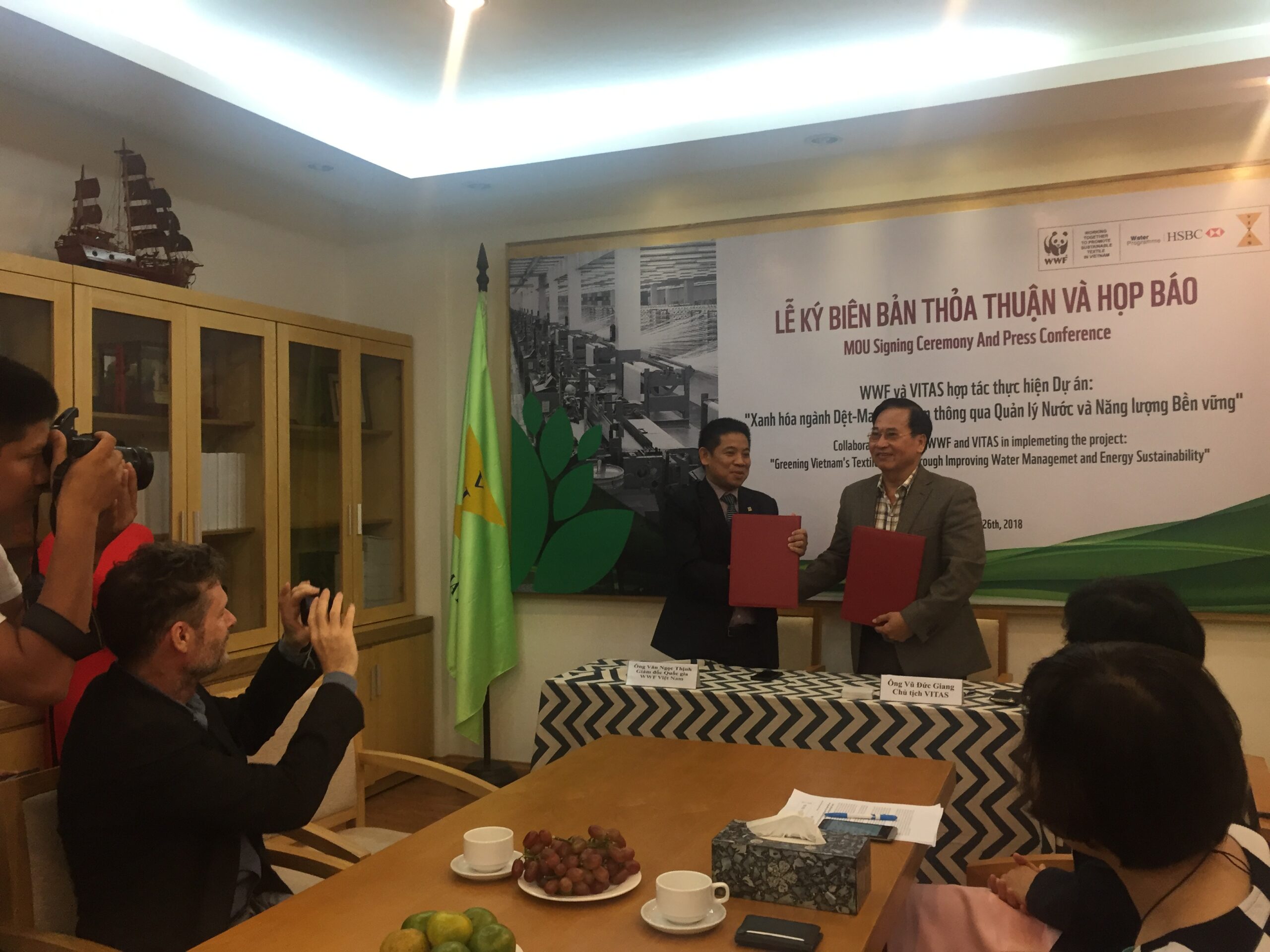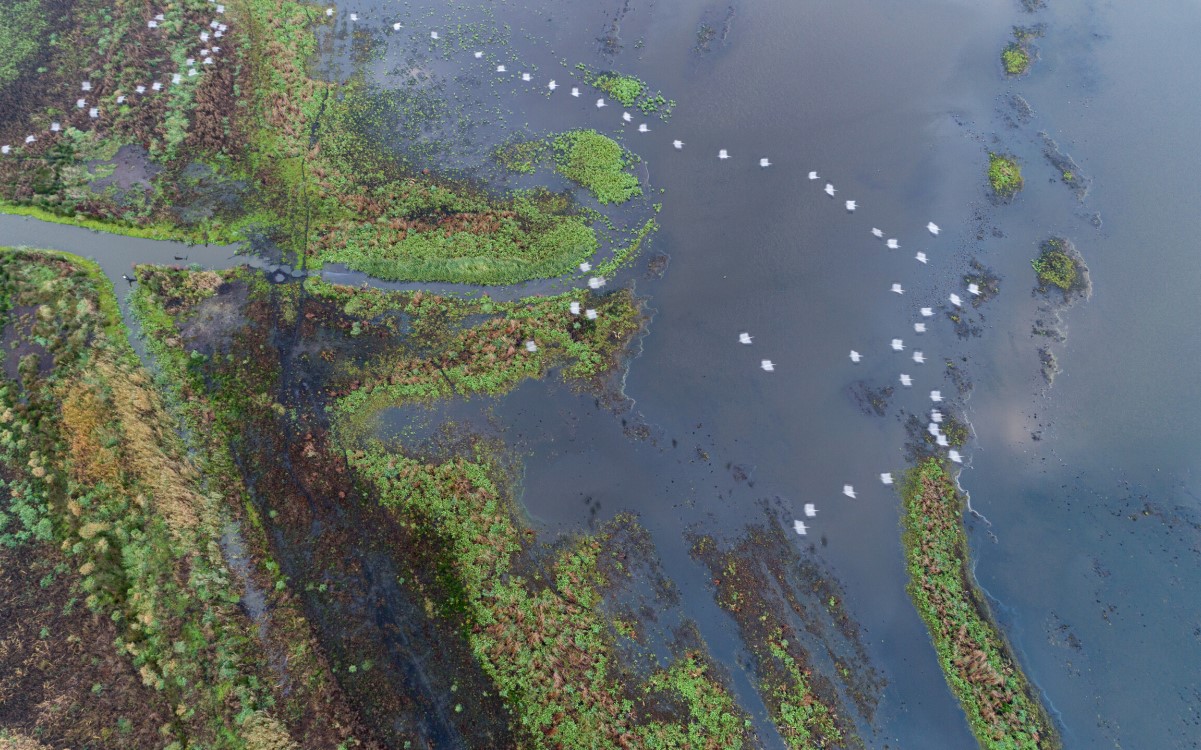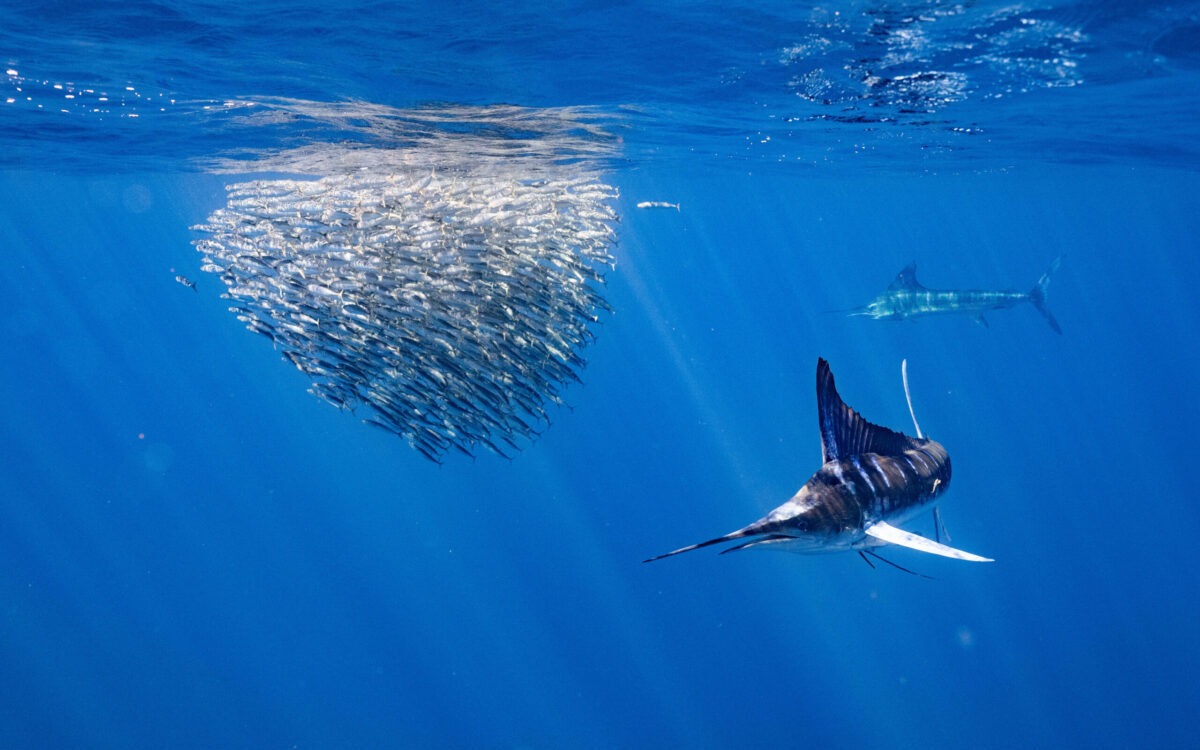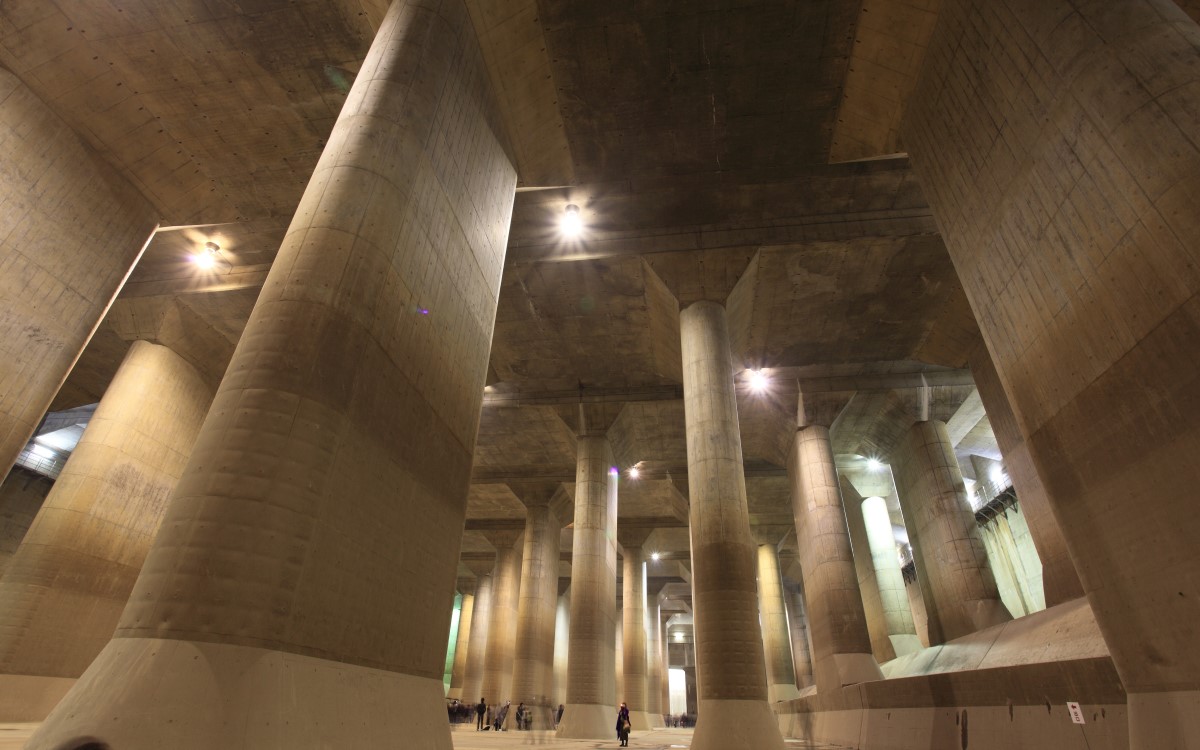The project aims to transform the textile industry into a more environmentally friendly, sustainable ‘Made in Vietnam’ sector and is part of the “Driving impact reduction through the textiles value chain” project sponsored by HSBC to support the green textile industry in China, Bangladesh, India and Vietnam.
The textile and apparel industry is one of Vietnam’s most economically important sectors. It contributes 15% of total export value and has a steady annual growth rate of 12% between 2010 and 2017. With 6,000 factories nationwide and employing 3 million people, the sector is not only economically but socially important for the country.
However, the sector can also cause environmental impacts. Intensive water extraction, use and discharge of wastewater and high energy consumption for water heating and steam generation mean that the sector can have significant impacts on water resources and greenhouse gas emissions. As the industry continues to expand, changes in practice will be required to reduce impacts and adapt to changing conditions; for example, the United Nations predicts that water supplies will suffer a 40% shortage globally by 2030.
“Vietnam ranks as the fifth largest exporter of apparel goods in the world, but our industry is more famous for low cost production with limited environmental standards. With customers worldwide now more conscious about the environment, this is forcing a lot of global brands to change their operations to include higher environmental and social standards. If we do not change our practice now, Vietnam could lose its competitiveness,“ said Mr. Vu Duc Giang, Chairman of VITAS. “That is why this project is so important and timely.”
The project will be implemented from 2018 to 2020 with a vision to transform the textile-apparel sector in Vietnam. It will achieve this through engaging the industry and influencing environmental governance in order to bring social, economic, and conservation benefits to the country. Geographically, the project will focus on the Mekong and Dong Nai deltas where more than half of Vietnam’s apparel factories are located.
The main focus of the project is to improve water and energy sustainability within the sector, thus reducing its impacts to the environment. The project will also work with textile–apparel manufacturers to encourage them to be more active river stewards, practice sustainable energy planning and discuss collective actions to achieve long term sustainable investments and development in the textile-apparel sector.
Read the full text on the WWF website.
New project aims to green Vietnam’s textile sector
Kategorie: Sonstiges
Autor: Jonas Völker
Das könnte Sie auch interessieren:
Passende Firmen zum Thema:
Publikationen
Sie möchten die gwf Wasser + Abwasser testen
Bestellen Sie Ihr kostenloses Probeheft
Überzeugen Sie sich selbst: Gerne senden wir Ihnen die gwf Wasser + Abwasser kostenlos und unverbindlich zur Probe!




